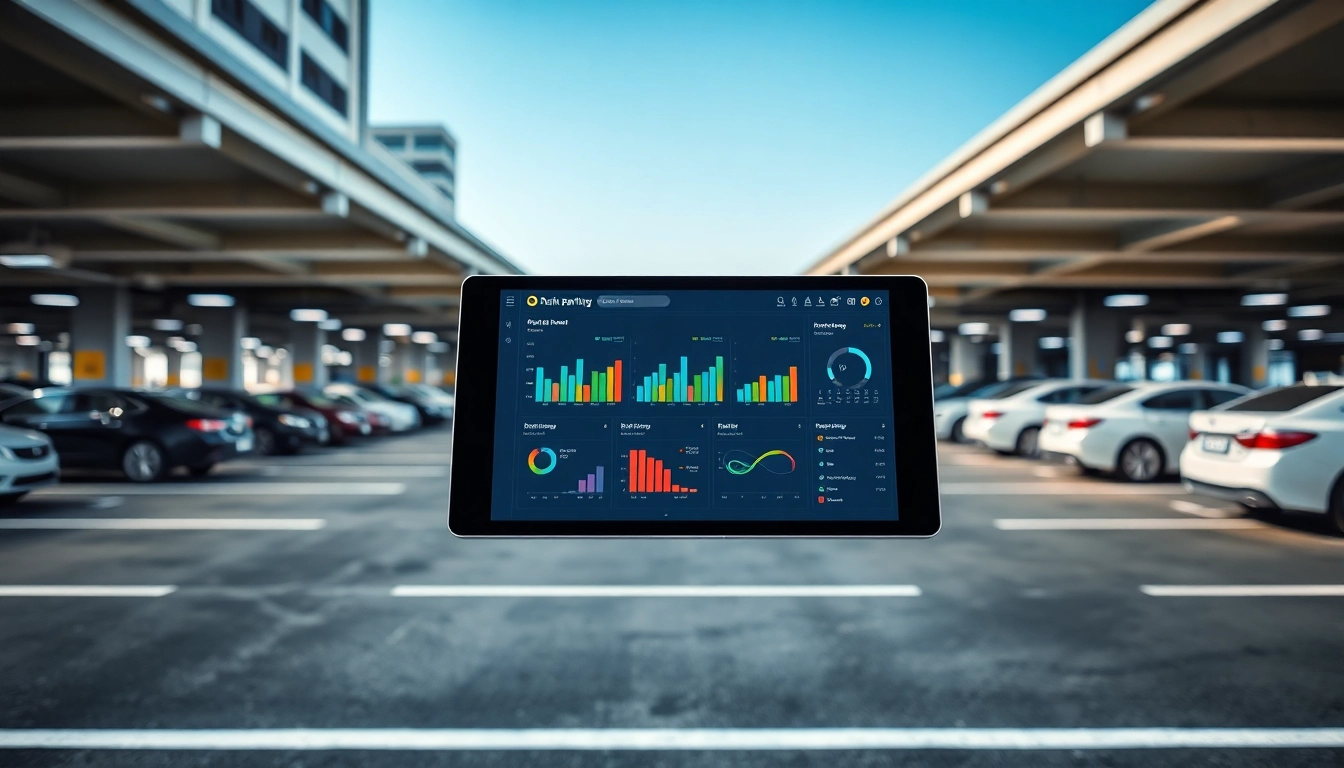Understanding the Role of a Social Media Agency
What is a Social Media Agency?
A social media agency specializes in creating, managing, and executing strategies aimed at enhancing a brand’s presence on social media platforms. These agencies offer a wide range of services tailored to varying needs, including content creation, community management, analytics tracking, and advertising strategy. They leverage social platforms like Facebook, Instagram, Twitter, and TikTok to engage audiences, build brand loyalty, and drive sales. Understanding the distinct role plays a crucial part in recognizing how significant these agencies can be for businesses in today’s digital landscape.
Key Services Offered by Social Media Agencies
Social media agencies offer numerous services, including:
- Content Creation: Developing high-quality visuals, videos, and written content that resonates with target audiences.
- Social Media Management: Handling daily posts, interactions, and monitoring engagement across various platforms.
- Influencer Collaboration: Partnering with social media influencers to tap into their audiences and enhance brand visibility.
- Analytics and Reporting: Measuring the performance of social media campaigns and adjusting strategies based on data insights.
- Paid Advertising: Creating and managing ad campaigns on platforms to extend reach and target specific demographics.
The Importance of Social Media Strategy
A well-crafted social media strategy is critical to achieving business goals. It involves defining objectives, understanding the target audience, choosing the right platforms, and deciding on content types that will deliver the best results. Agencies collaborate with clients to ensure strategies are aligned with overall business objectives and are designed to adapt to changing market conditions. This strategic approach not only enhances brand visibility but also fosters community engagement and drives conversion rates.
Identifying Your Target Audience for a Social Media Agency
Researching Market Demographics
Identifying the right audience for a brand’s message starts with thorough demographic research. A social media agency conducts surveys, utilizes advanced analytics, and examines existing customer data to pinpoint key demographic characteristics, including age, gender, location, interests, and behaviors. This information is crucial for creating tailored messaging that resonates with specific audience segments.
Tailoring Content to Audience Preferences
After identifying demographics, agencies create content that aligns with the preferences and expectations of the target audience. This involves not only choosing the right tone, style, and visual elements but also selecting the types of content that engage the audience effectively, whether that be articles, videos, infographics, or interactive quizzes.
Using Analytics for Audience Insights
Analytics tools are instrumental in gaining insights into audience behavior and preferences. These tools provide data on engagement levels, content impressions, and audience feedback. Social media agencies closely monitor these metrics to adjust strategies, optimize content, and enhance user experience continually. By analyzing this data, agencies can also effectively identify the best times to post and the most engaging content formats.
Best Practices for Crafting Engaging Content
Creating Valuable and Shareable Content
Content is king on social media, and value is what keeps users engaged. Effective social media agencies focus on crafting valuable content that informs, entertains, or inspires the audience. Shareability, fueled by emotional resonance or practical value, is essential for expanding reach. Content that encourages likes, comments, and shares creates organic growth without requiring extensive advertising spend.
Utilizing Visuals in Social Media Marketing
In a visually-driven landscape, high-quality images and videos capture attention more effectively than text alone. Social media agencies emphasize using engaging visuals in their strategies. This includes creating eye-catching graphics, videos, and stories that convey messages succinctly and resonate with the audience. Agencies often employ tools and techniques such as infographics and behind-the-scenes footage to add authenticity and depth to their content.
Ensuring Consistency Across Platforms
Maintaining a consistent brand voice and image across all social media platforms is vital for building brand identity and recognition. A social media agency ensures that messaging, tone, and design elements are uniform—whether on Instagram, Facebook, LinkedIn, or Twitter. Consistency builds trust and reinforces the brand image in the minds of users.
Effective Engagement and Community Management
Building and Nurturing Online Communities
Successful brands go beyond promoting their products or services; they actively engage with their audience. A social media agency plays a vital role in building and nurturing online communities. This involves engaging with followers through comment responses, creating conversation starters, and organizing events or campaigns that foster community interactions. Building a strong community enhances customer loyalty and creates brand advocates who promote the brand within their networks.
Responding to Audience Feedback and Inquiries
Engaging with the audience requires diligence in responding to feedback and inquiries promptly. A social media agency actively monitors brand mentions across various platforms and responds to comments or questions, fostering a dialogue with followers. This not only improves customer satisfaction but also demonstrates that the brand values its customers’ opinions.
Measuring Engagement Success
The success of community engagement efforts can be measured through various metrics, including engagement rates, follower growth, and customer satisfaction scores. Social media agencies regularly analyze these metrics to assess the effectiveness of their engagement strategies and make adjustments as necessary. Tools such as social monitoring can further enhance the understanding of community sentiments and perceptions.
Analyzing Performance Metrics for Social Media Agency
Key Performance Indicators to Track
Tracking key performance indicators (KPIs) is essential to understand the effectiveness of social media campaigns. Some important KPIs include:
- Engagement Rates: Measures interactions such as likes, shares, and comments related to posts.
- Reach: Indicates how many people have seen a piece of content.
- Click-Through Rate: The percentage of users who clicked on links in social posts to reach the brand’s website.
- Conversion Rates: The number of users who complete desired actions after engaging with social media content.
- Follower Growth: Tracks how the audience size changes over time as a result of social media efforts.
Adjusting Strategies Based on Data Insights
The digital landscape is dynamic, necessitating regular reviews of performance data. Social media agencies analyze collected data to determine what works and what doesn’t. Based on these insights, they adjust strategies accordingly. This includes refining content types, reallocating advertising budgets, or enhancing audience targeting to optimize future campaigns.
Reporting Success to Clients
Transparent reporting of campaign performance to clients is a fundamental function of social media agencies. Comprehensive reports outline the achieved KPIs, highlight successful strategies, and suggest areas for improvement. This practice not only fulfills client expectations for accountability but also creates opportunities for future collaboration based on data-driven insights.














Leave a Reply